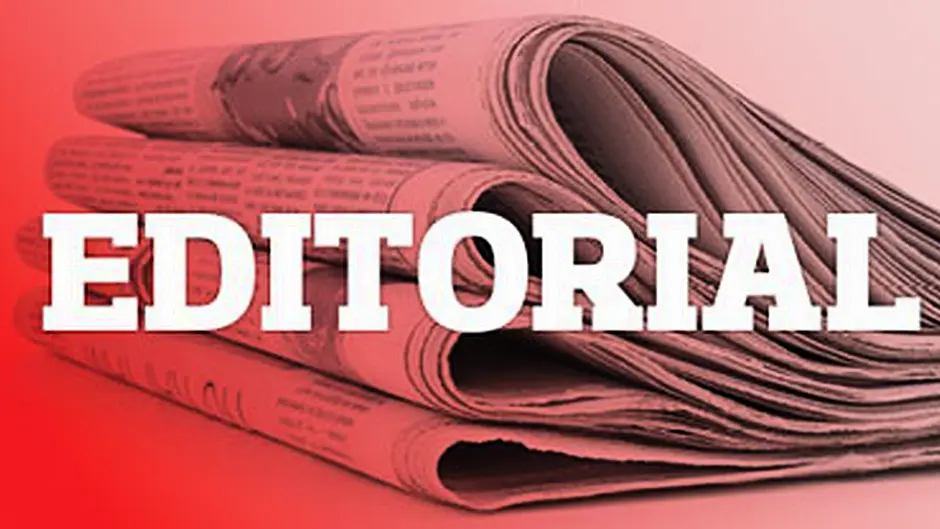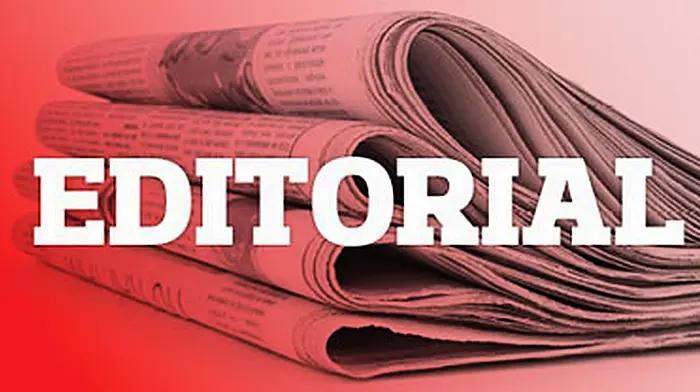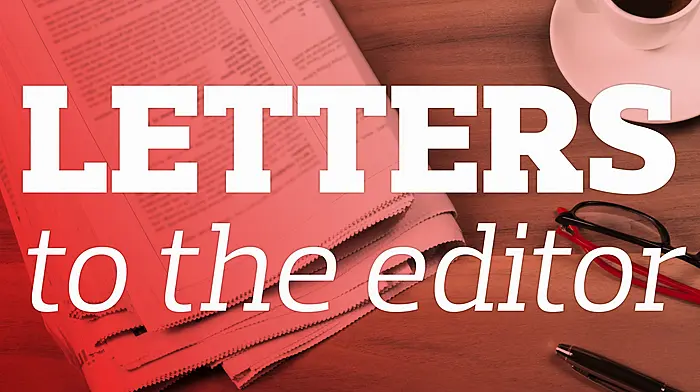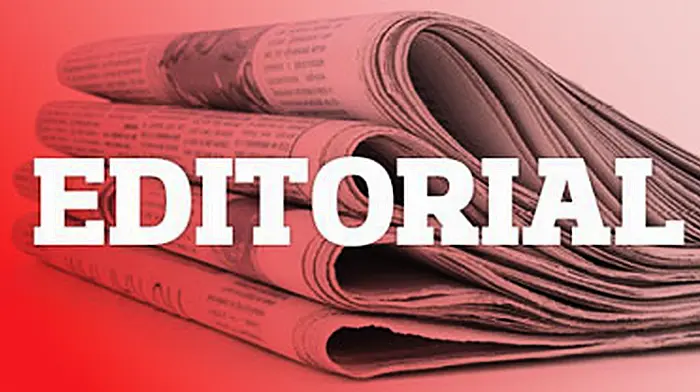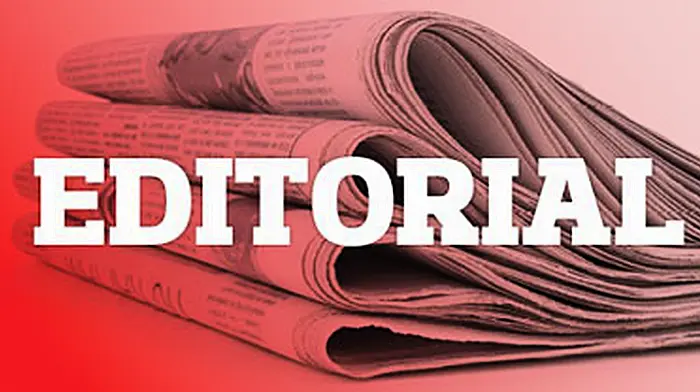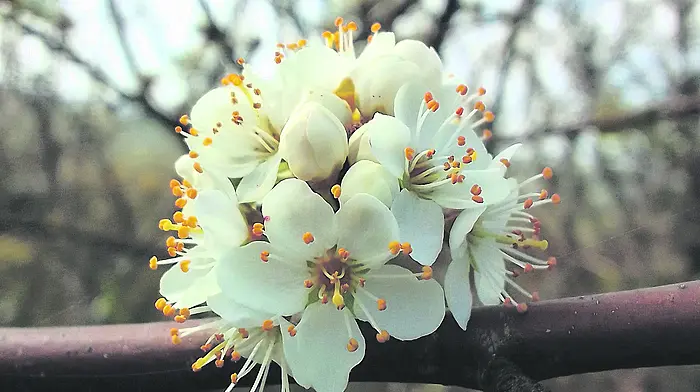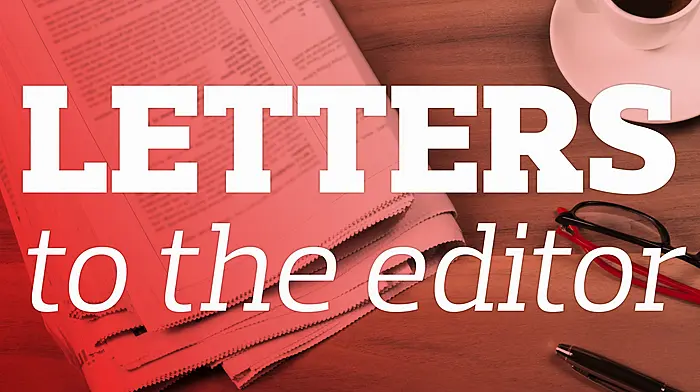LIFTING the strictest restrictions in order to ensure that people have some semblance of a normal Christmas is something that the government probably feels it had to do for the sake of the nation’s mental health and to enable parts of the economy to salvage something from the disastrous year that 2020 has been. It was not what the experts from the National Public Health Emergency Team (NPHET) wanted to happen and they anxiously fear a third wave of the virus in the springtime.
Putting a brave face on his own disappointment, and reflecting that of NPHET also, Professor Sam McConkey opined that there was still a sliver of hope that a third wave of Covid-19 might either be avoided or perhaps not prove as severe as feared if people were to behave themselves over Christmas by observing social distancing, wearing masks and washing their hands regularly. However, given our experience during the late summer and early autumn, the hopes of this happening are over-optimistic at best, which is a shame as the Christmas shopping and festivities are likely to undo much of the progress that was made under the almost six weeks of Level 5 restrictions.
Unfortunately, the targets for suppressing the virus during this period were not met. NPHET had hoped to get the number of new cases daily below the 100 mark, but they only got them down to around 200, which nonetheless was a huge improvement on the incidence of nearly 1,300 per day before the Level 5 restrictions were imposed.
The best success was keeping the numbers hospitalised and in intensive care with Covid down to manageable proportions that have so far not threatened to overwhelm our public health system. However, other areas such as cancer diagnoses and treatment have suffered as a result and the HSE still needs to be far better equipped to keep an adequate level of services going in tandem with dealing with the pandemic.
We have not yet got to the severe influenza season, which will put further pressure on acute hospitals, however it is gratifying to note that there has been a record uptake of the ’flu vaccine this year with over a million doses administered to vulnerable people. The Covid-19 vaccines that everybody is pinning so much hope on have not begun to roll out here yet as there is still some work needed to validate their safety and, with two doses of the ones developed so far needed for everybody getting them, this will take some time, going well into 2021, so in the meantime people will still need to observe all the current precautions recommended to try to slow the spread of the virus.
This is going to be crucial over the Christmas period along with limiting our contacts with people from other households, which should be our biggest priority. It may go against the grain for most of us, but the virus is still deeply entrenched everywhere and is so much more easily spread when people let their guard down.
We only have to look at the United States for an idea of what could happen here if we ease off too much on precautions. Last week, in the lead-up to and in the aftermath of Thanksgiving Day on Thursday, November 26th, Americans took to the skies with abandon, flying here, there and everywhere to be with loved ones for the annual holiday and millions of others hit the ‘Black Friday’ sales the day after and over the festive weekend which led on to ‘Cyber Monday.’
There was only one way that the numbers of new Covid-19 cases in the USA could have gone with that sort of reckless abandon – and that was up. We need to ask ourselves, seriously, if we want our Christmas celebrating to lead to that kind of a bizarre scenario here.
We are not trying to be killjoys, but all of us need to be savvy about how we live our lives in the context of the restrictions being eased, especially during the period from December 21st to January 6th when a lot more freedom of movement of people around the country will be allowed. It is great that more people can meet again over the festive season, but everybody needs to be conscious of the number of households represented at gatherings and respect the limits laid down, otherwise the spread of the virus will regain momentum with possible devastating consequences for some, especially the more vulnerable people amongst us.
It is a pity the so-called wet pubs were not allowed to open, but both NPHET and the government obviously thought it not safe to do so at this stage. In shops and restaurants and pubs serving food, people should appreciate and enjoy the freedom to shop and socialise, while realising that, with freedom, comes responsibility – to do so without becoming the cause of infecting themselves and others with this deadly virus.
As individuals, we need to behave even more responsibly this festive season for the greater good.

